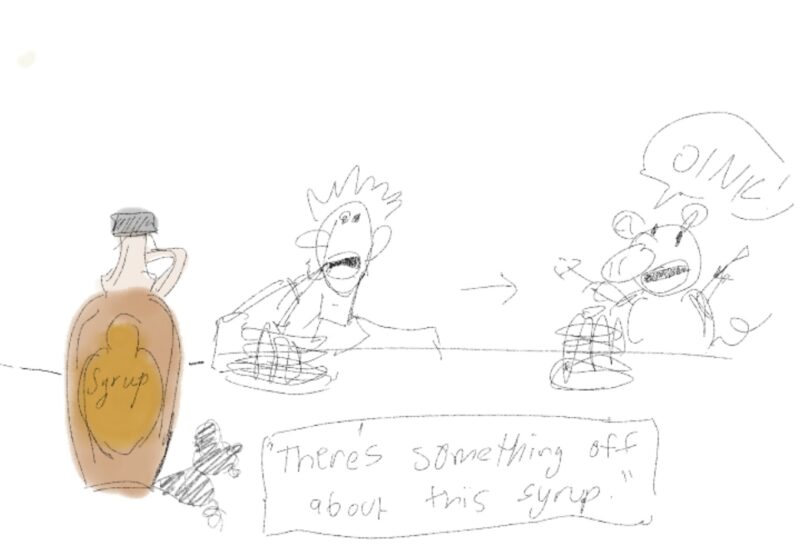I love you. It’s the most loaded phrase in the English language. The utterance can mean a million different things or send myriad messages both intended and unintended. The words are oft spoken between friends and family but are the most complicated when passed between lovers and other romantic couples.
Why do people say “I love you?” Is it that they are overwhelmed by an indescribable feeling? Or is it facilitated by society’s norms and specific cues in our partner?
“I love you” is used most frequently detached from the actual feeling of love. Couples often use the phrase as a logical stand-in for something more concrete. They use it to avoid specifics.
Instead of affirming the relationship by continually explaining why we love our partner, it is much easier to whisper the sweet nothing of those three little words. And so they gain enormous explanatory power. They come to represent the relationship.
The problem is that the words can too easily be commandeered for one’s own purposes. They can be used as justification for a wrongdoing: “I’m sorry I cheated on you, but it’s okay because you know I love you.” It’s difficult to argue with “I love you” because how can you dispute the logic of something we take as the statement of emotion?
We say it even though we don’t really feel it. We say “I love you” out of some sense of obligation to the relationship. We say it because it has to be reciprocated. We say it because we cannot stand to hurt our partner’s feelings. Yet what’s worse is that we use the words to justify a romantic relationship to ourselves. Because we cannot think of concrete reasons to be in a relationship, we conclude that our love validates it; our love somehow gives the relationship a reason for existence. Still, sometimes I think the words are appropriate. They are real when used in the moment to describe a feeling that couldn’t be described by any other words. They are real when you feel that connection, that desire. But say them, and then they are gone. Feelings are fleeting. How did that really change the relationship anyway?
It comes down to what my seventh grade English teacher use to say: “Show, don’t tell.” The difference can sometimes be more confusing than we care to believe. It’s the difference between this essay and figuring it out ourselves. It’s the difference between dryly stating why and describing the distinct intricacies specific to us. It’s the difference between simply saying “I love you” and showing our partner the relationship’s uniqueness.
Rudolph is a Take 5 student.





